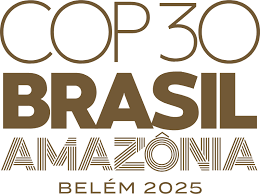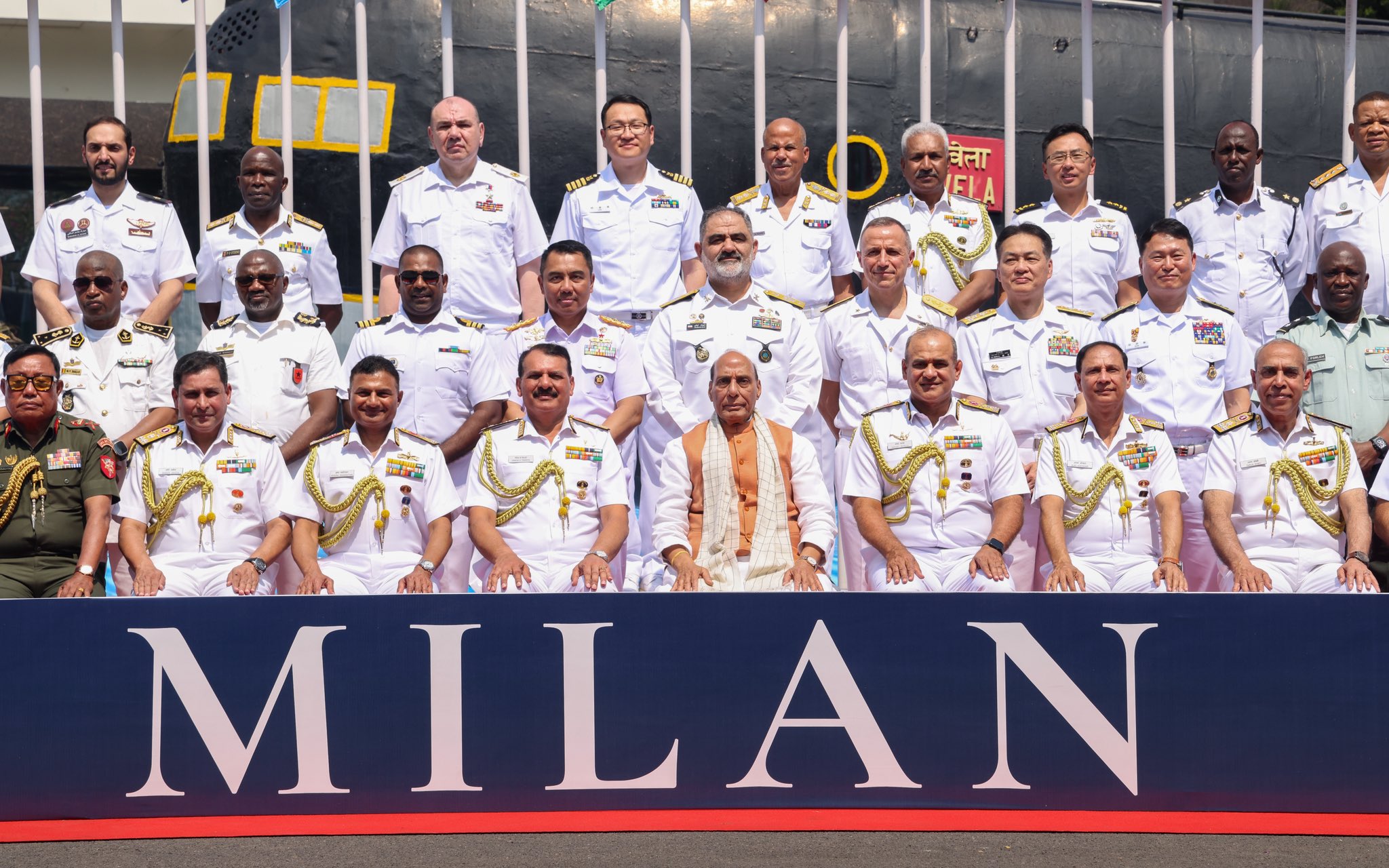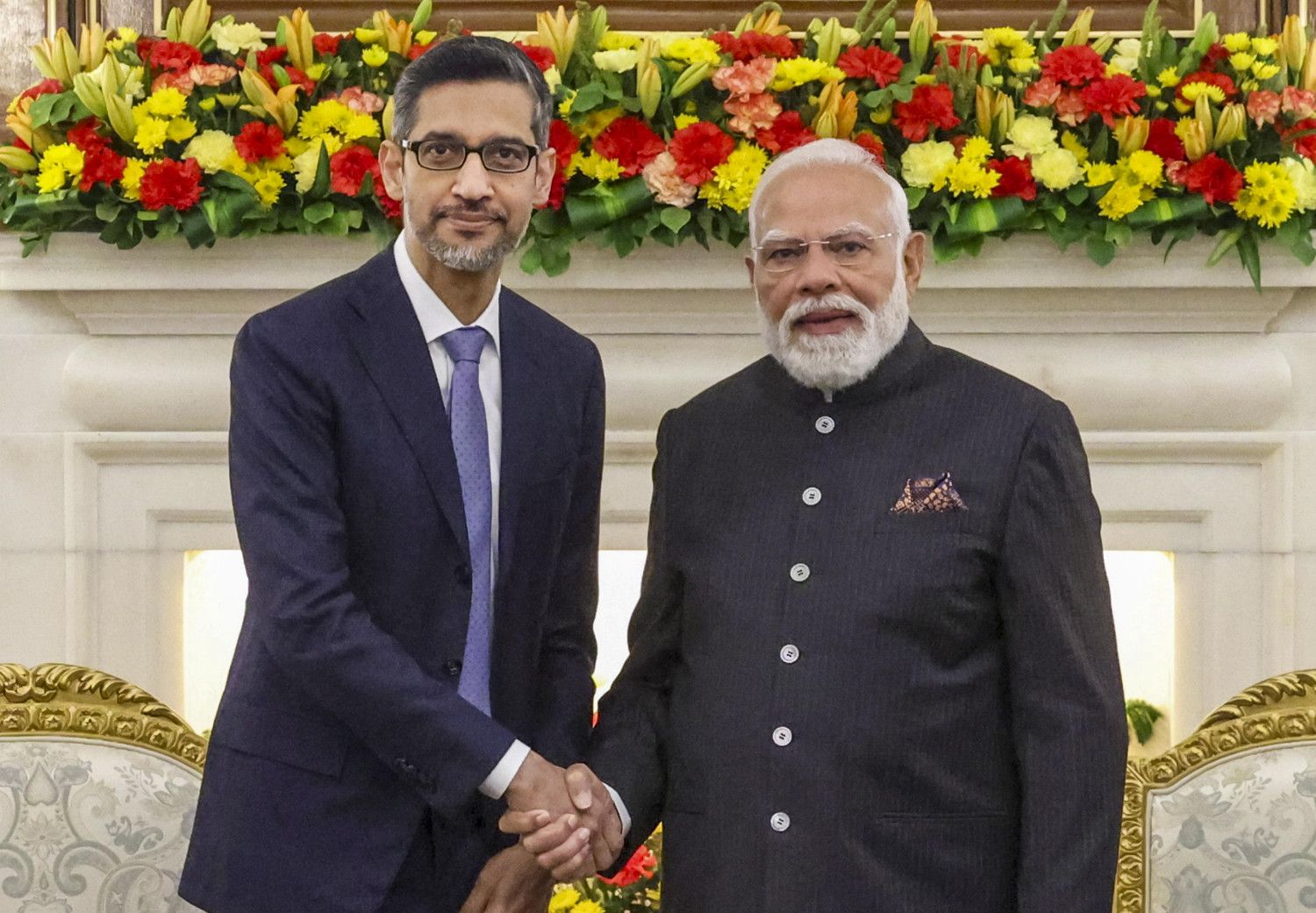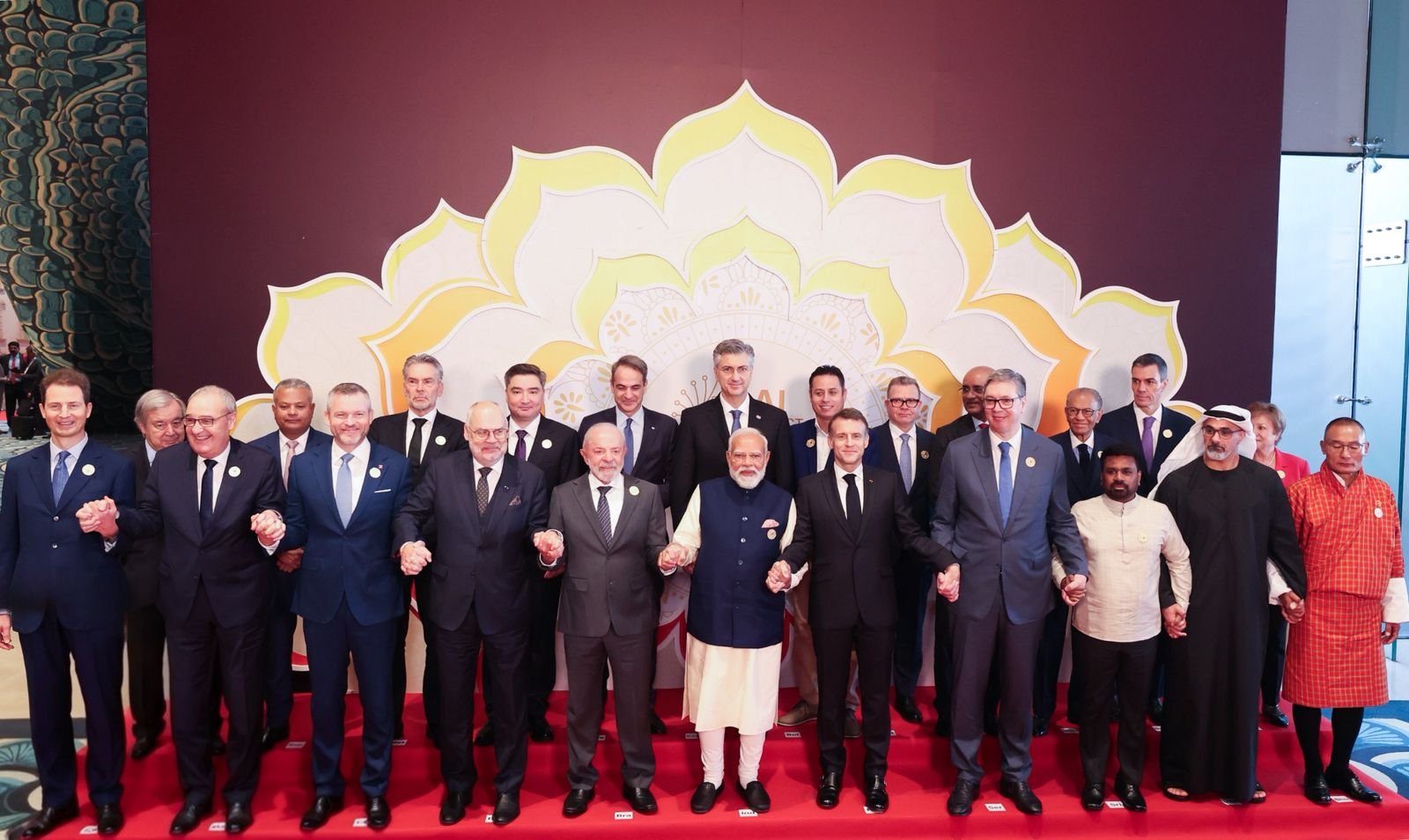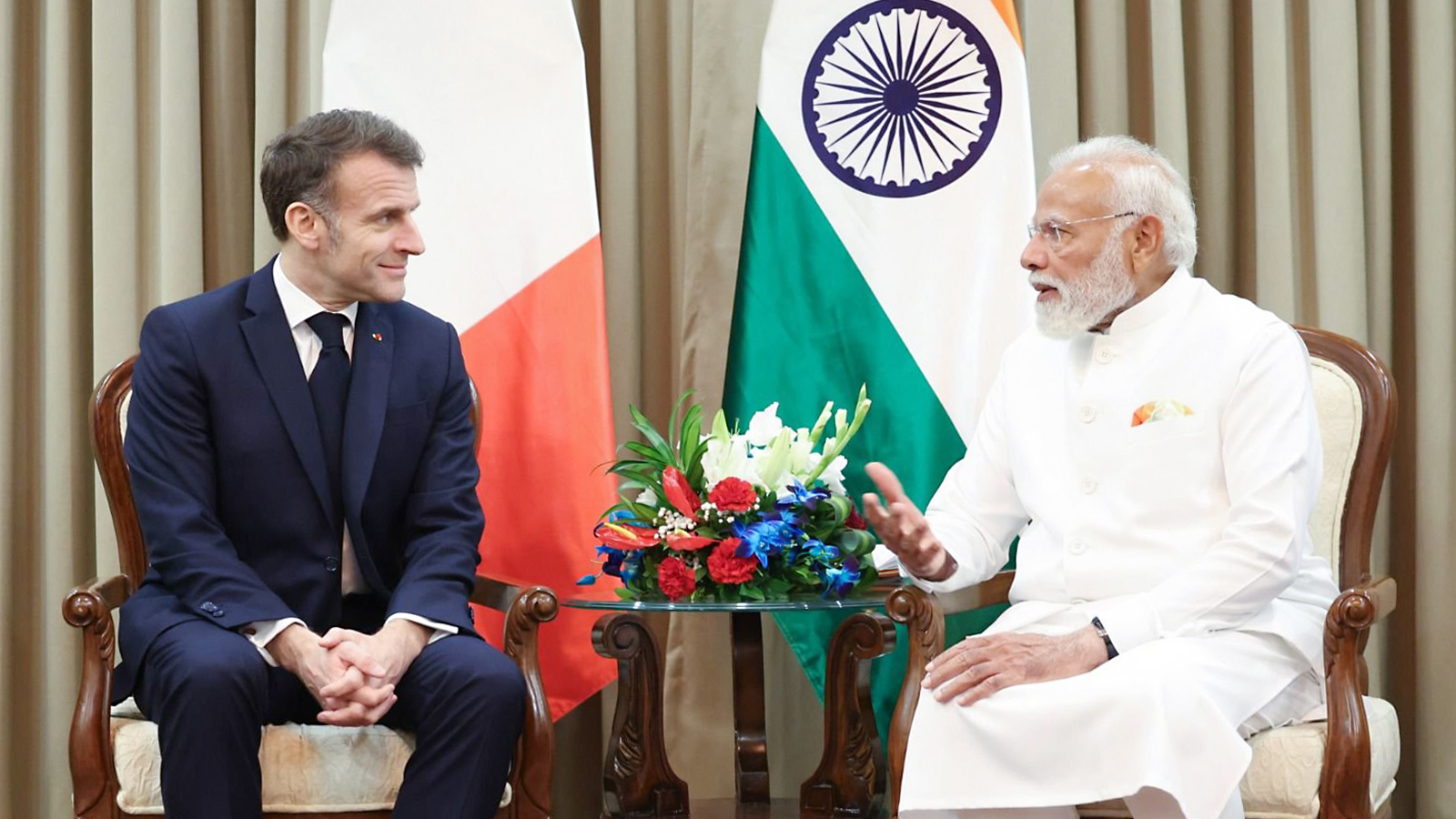The COP30, which is all set to take place in November 2025, in Belem, Brazil, is expected to mark a crucial milestone in the development of global climate governance. A decade after the landmark Paris Agreement, the COP30 has arrived at a moment of intensive urgency. The gloomy climate impact is now more visible, and the gap between pledges and actions has widened, which requires a concrete climate action plan to address it. Unlike the previous climate summits, COP30 will attempt to ensure the revision of international efforts on climate change by pledging that the updated Nationally Determined Contributions (NDC 3.o) align with the temperature goals of the 2015 Paris Agreement, and must be submitted by each participant country by September 2025, which is significant for assessing the global process towards attaining the 1.5 °C target.
COP30’s main mitigation goals will comprise halting deforestation by 2030, tripling global renewable energy capacity, and facilitating a fair transition from fossil fuels to environmentally friendly solutions. These objects will be supported by the findings of the first Global Stocktake, which emphasised the urgent need for immediate and extensive action. Brazil’s presidency has themed COP30 around “mutirao” or community effort, reflecting the significance and need of multilateral cooperation and inclusive participation.
A central theme of the Brazil Climate Summit will be climate finance. Building on COP29, the Baku to Belem roadmap will aim to elevate the annual climate finance from $300 billion in the Loss and Damage Fund for developing nations to $1.3 trillion by 2035.
Brazil is making a strategic and symbolic push to place the Amazon Forest at the heart of the COP30 agenda leveraging its position as both host and President of the 2025 summit. This initiative is reflected in multiple efforts aimed at highlighting the ecological significance of the Amazon and the urgent need for global cooperation to protect it. One of the most notable proposals is the “United for Our Forests” initiative, which emerged from the 2023 Amazon Summit. Through this platform, Brazil is seeking to unite rainforest nations to represent a coordinated front in climate negotiations. The goal is to secure stronger international commitments to halt deforestation and reward conservation efforts, particularly in tropical regions.
Brazil is anticipated to officially launch the Tropical Forest Forever Facility (TFFF) at COP30. This $125 billion amalgamated finance mechanism aims to bring long-term incentives for forest protection to the table. The initiative throws light on the fact that forest conservation is not merely a peripheral issue but is vital for global climate stability, biodiversity, and indigenous rights.
By placing the Amazon and its surrounding communities at the centre of the dialogue, Brazil offers a compelling vision of climate leadership that is both strategic and symbolic. The path ahead is with concrete goals, stronger financial mechanisms, and a renewed spirit of global cooperation, COP30 has the potential to bridge the gap between ambition and action, turning pledges into progress for people and the planet alike.

